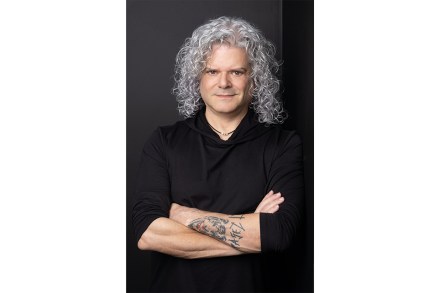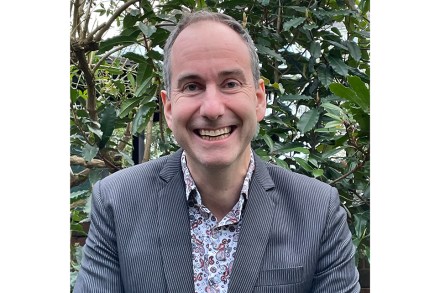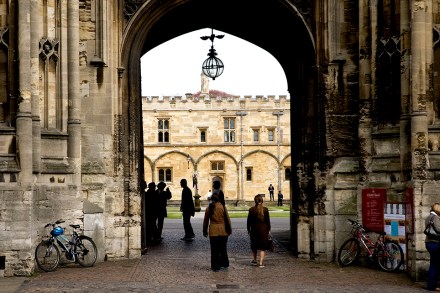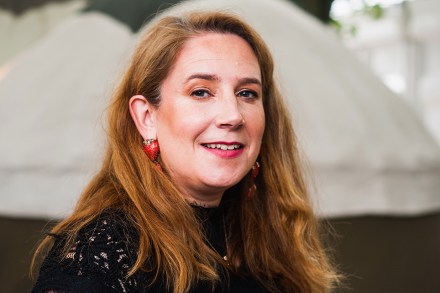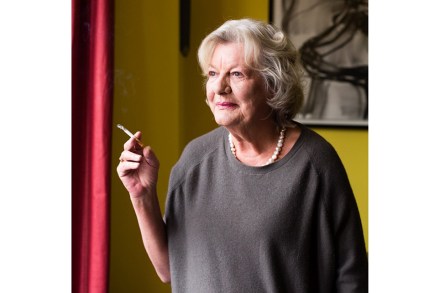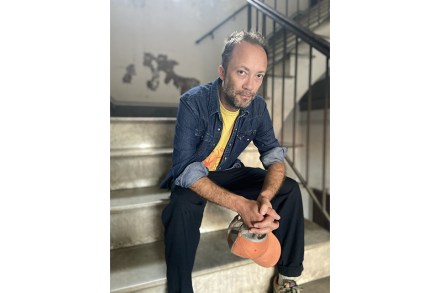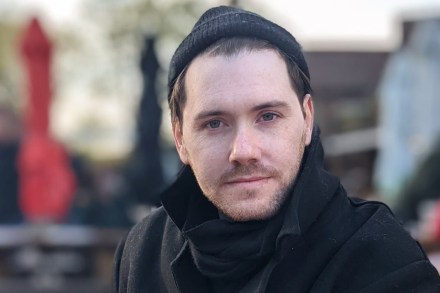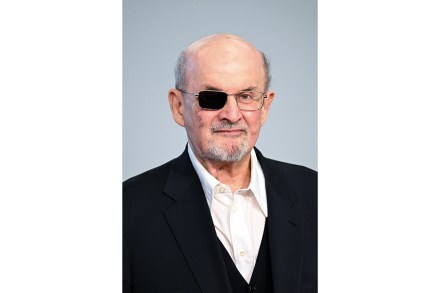Shalom Auslander vents his disgust – on his ‘grotesque, vile, foul, ignominious self’
The word is Yiddish, and is an expression of disgust. A decent translation of it into vernacular English would be ‘yuck’. Shalom Auslander has been feeling feh about himself for pretty much as long as he has been conscious. Born into a strictly religious family, with a mother given to quoting Jeremaiah and a father whose violence and cruelty were almost literally biblical, or at least strongly evocative of the Old Testament, Auslander grew up to be the kind of Jew who, when visiting the Wailing Wall in Jerusalem, writes ‘fuck you’ on a piece of paper and shoves it in a crack. It is more traditional for the pious
